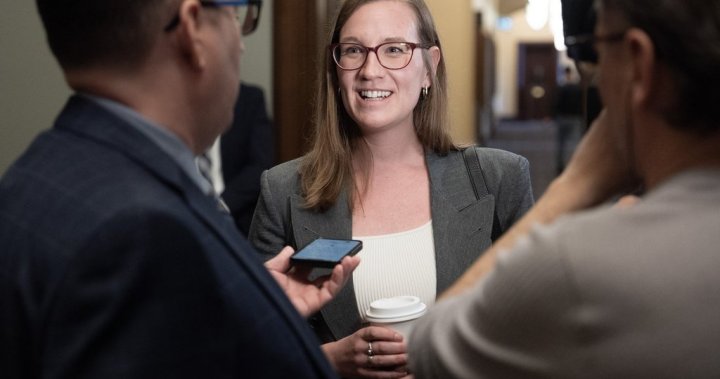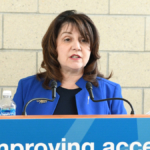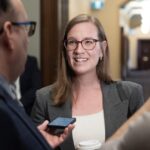In a move that has intensified parliamentary tensions, Government House Leader Karina Gould’s appointment of a Liberal MP to chair the influential House of Commons finance committee has triggered sharp criticism from opposition parties, particularly the New Democrats who find themselves without any committee leadership roles.
The controversy erupted Tuesday when Gould announced the appointments to various House committees, revealing that Liberal MP Majid Jowhari would lead the finance committee. This decision effectively shut out the NDP from chairing any parliamentary committees, breaking with the traditional practice of distributing leadership positions among all recognized parties.
“The committee appointments reflect the makeup of the House,” Gould defended when questioned by reporters. “We’ve ensured that committee chairs are distributed proportionally according to party representation, with a focus on maintaining effective parliamentary oversight.”
However, NDP House Leader Peter Julian immediately condemned the decision as “unprecedented partisan maneuvering” and a “clear attempt to silence diverse voices in Parliament.” According to Julian, this marks the first time in modern Canadian parliamentary history that a recognized party has been completely excluded from committee leadership.
The finance committee holds particular significance in the parliamentary ecosystem, as it scrutinizes federal budgets, economic policies, and fiscal legislation. It plays a crucial role in holding the government accountable on matters affecting the economic wellbeing of Canadians, making its leadership particularly coveted.
Conservative MP and finance critic Jasraj Singh Hallan also expressed concerns about the appointment, though for different reasons. “While we take issue with the government’s handling of committee assignments, our primary concern is ensuring robust economic oversight regardless of who chairs these committees,” Hallan stated during a press conference.
Political analysts note that this development comes at a politically sensitive time. “The Liberal government appears to be consolidating control over key parliamentary functions as it navigates multiple economic challenges,” explained Dr. Melissa Thompson, professor of political science at the University of Toronto. “This could be interpreted as an attempt to minimize potential roadblocks to their economic agenda.”
The standing orders of the House of Commons do not explicitly mandate proportional distribution of committee chairs, but parliamentary convention has typically ensured that all recognized parties receive opportunities to lead committees, fostering a more collaborative approach to governance.
The Liberals currently hold 155 seats in the 338-seat House of Commons, while the Conservatives hold 118, the Bloc Québécois 32, and the NDP 25. Under the new arrangement, the Liberals will chair most committees, with the Conservatives and Bloc Québécois sharing the remainder.
NDP Leader Jagmeet Singh indicated that his party would continue pressing for representation. “This isn’t just about committee positions,” Singh emphasized. “It’s about ensuring diverse perspectives are heard when crafting policies that affect everyday Canadians struggling with the cost of living crisis.”
As Parliament prepares for the upcoming session, questions linger about how this reconfiguration of committee leadership might impact the ability of opposition parties to influence government policy during a period of economic uncertainty. Will this centralization of committee power strengthen governance or undermine the collaborative spirit that has traditionally defined Canadian parliamentary democracy?
For more on Canadian political developments, visit CO24 Politics and Canada News.


















